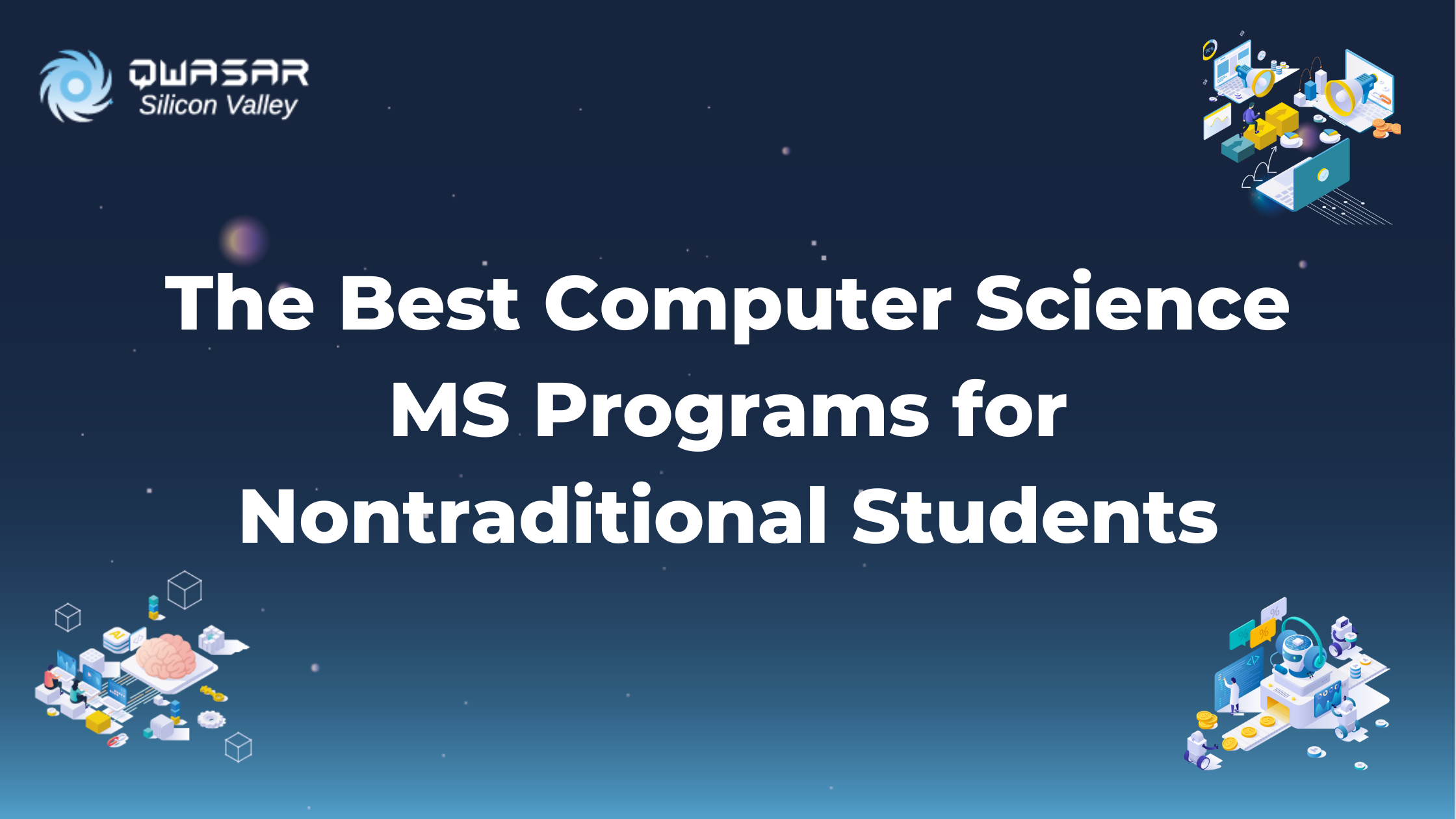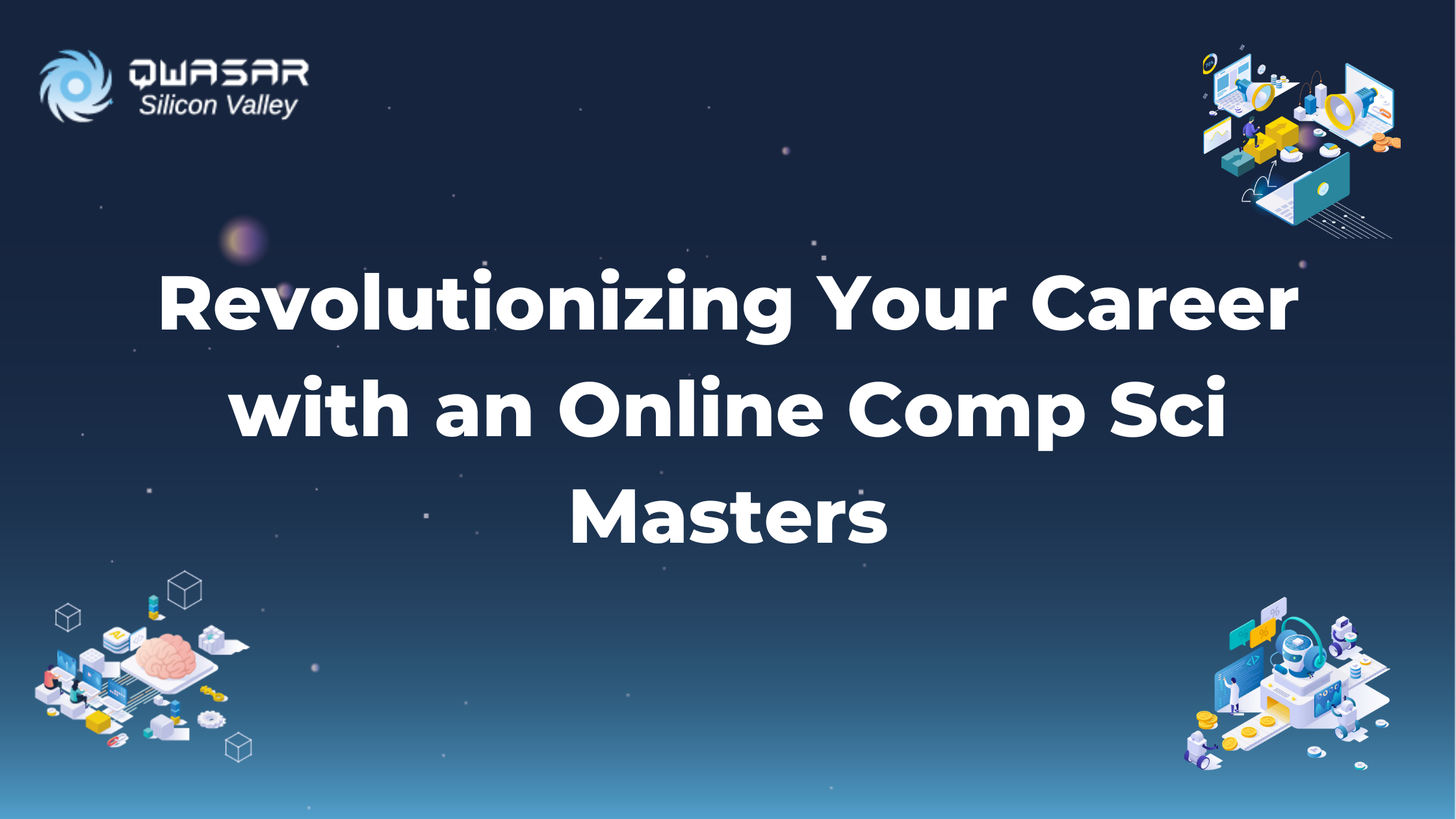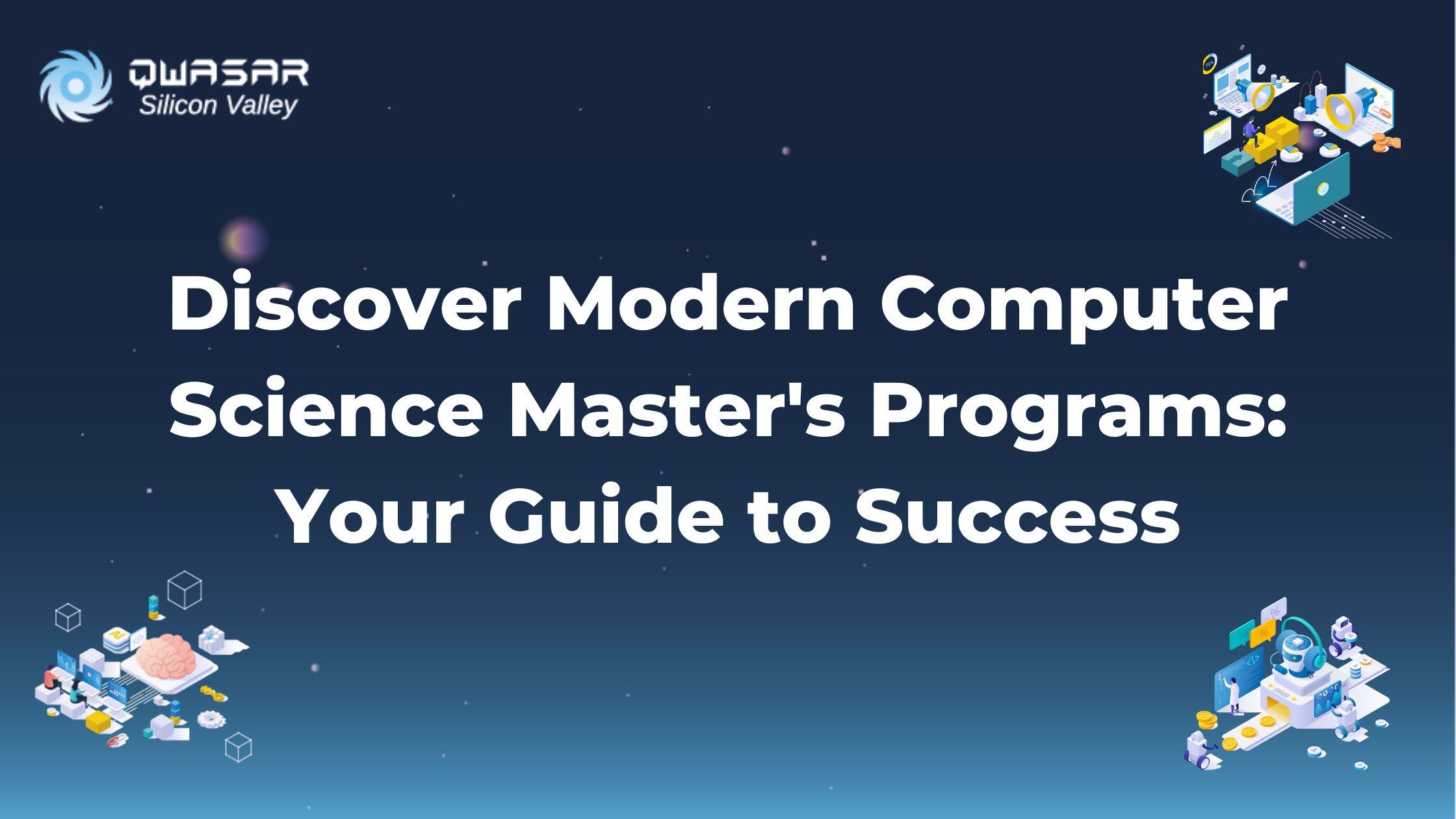What to Look for in an Online CS Master’s Program
The rise of online learning has made advanced degrees more accessible, but not all programs are created equal. Here are key factors to consider:
1. Hands-On Learning
A good online CS program focuses on practical skills rather than just theoretical concepts. Look for programs where you spend significant time coding, collaborating, and working on projects—skills directly transferable to the workplace.
2. Modern Technologies
The tech landscape evolves rapidly. Ensure the program teaches up-to-date programming languages and frameworks, such as Rust, Go, React, or TensorFlow.
3. Admissions Flexibility
Not having a bachelor’s in computer science shouldn’t stop you. The best online CS master’s programs prioritize skills and potential over traditional academic credentials.
4. Cost and Accessibility
Traditional master’s programs often cost upwards of $30,000 per year. Online options can save you thousands, especially when paired with scholarships and flexible payment plans.
5. Community vs Learn On Your Own
6. Interactivity & Engagement
7. Depth of Technical Portfolio Developed
8. Flexibility of Course and Work Hours
Why Choose an Online CS Master’s?
Breaking Barriers
Many people hesitate to pursue advanced education due to prohibitive costs, GRE requirements, or the need for a relevant bachelor’s degree. Online CS master’s programs are designed to break these barriers, making high-quality education accessible to a diverse range of students.
Balancing Work and Study
Online programs offer unparalleled flexibility, allowing you to balance learning with your current job or personal commitments. You can study on your schedule, whether full-time or part-time.
How Qwasar Revolutionizes Online CS Master’s Education
1. 90% Coding, 10% Lectures
Unlike traditional programs, Qwasar flips the script. Students spend the majority of their time coding, participating in real-world projects, and preparing for workplace demands.
2. No Traditional Admissions Hurdles
Forget GRE scores, GPA minimums, or bachelor’s degree requirements. Qwasar evaluates candidates based on potential and skill, opening doors for career changers and self-taught programmers.
3. Cutting-Edge Curriculum
Qwasar’s curriculum mirrors modern workplace practices, including peer reviews, collaborative coding sessions, and daily standups. Technologies covered include Python, React, and MongoDB—ensuring you’re ready for industry challenges.
4. Affordable Tuition
At $10,000, Qwasar’s program is 5-200x less expensive than traditional degrees. Scholarships are also available, making it one of the most cost-effective ways to earn an advanced CS credential.
5. Impressive Career Outcomes
With a 95% employment rate and alumni working at companies like LinkedIn, Microsoft, and Tesla, Qwasar’s results speak for themselves. Graduates earn an average salary of $93,000 in the U.S.
Alternatives to Qwasar
While Qwasar offers an unparalleled experience, it’s worth exploring other options to find the best fit for your needs:
Coursera and edX
These platforms offer master’s programs in partnership with universities. They focus more on theory and less on hands-on coding, making them ideal for those seeking traditional academic rigor.
But let's be honest - watching online videos and taking exams, all on your own, is boring for most people.
If that's the kind of learning you want, good, but the vast majority of people do not develop skills and competencies in this manner. You get good at programming by programming a LOT, so if you want to go into academia, or do a PhD, then online courses that lead to a degree could be an option.
Georgia Tech’s OMSCS
This medium-cost online program provides a well-rounded CS education, but requires a bachelor’s degree and has competitive admissions.
Again, understand the format - are there online videos? online lectures? exams? etc.
Can You Succeed in a CS Master’s Program Without a Bachelor’s in CS?
Absolutely. Many programs, including Qwasar’s, cater to students without a traditional CS background. By focusing on skills like problem-solving, coding, and collaboration, these programs prepare you for success in software engineering roles.
Ready to Transform Your Career?
An online CS master’s program can open doors to exciting opportunities in software engineering, AI, and beyond. Whether you’re a career changer or a professional looking to upskill, programs like Qwasar’s offer the flexibility, affordability, and modern curriculum you need to thrive.
Take the Next Step:




%20(1).png)






